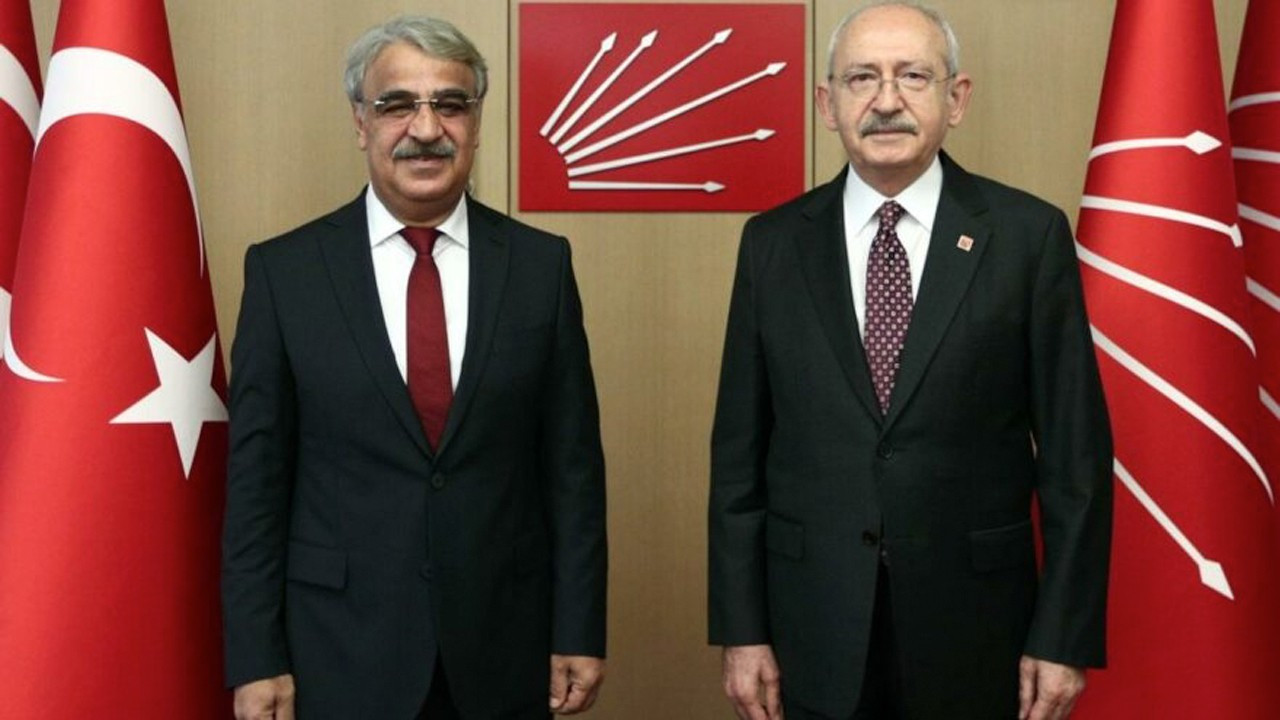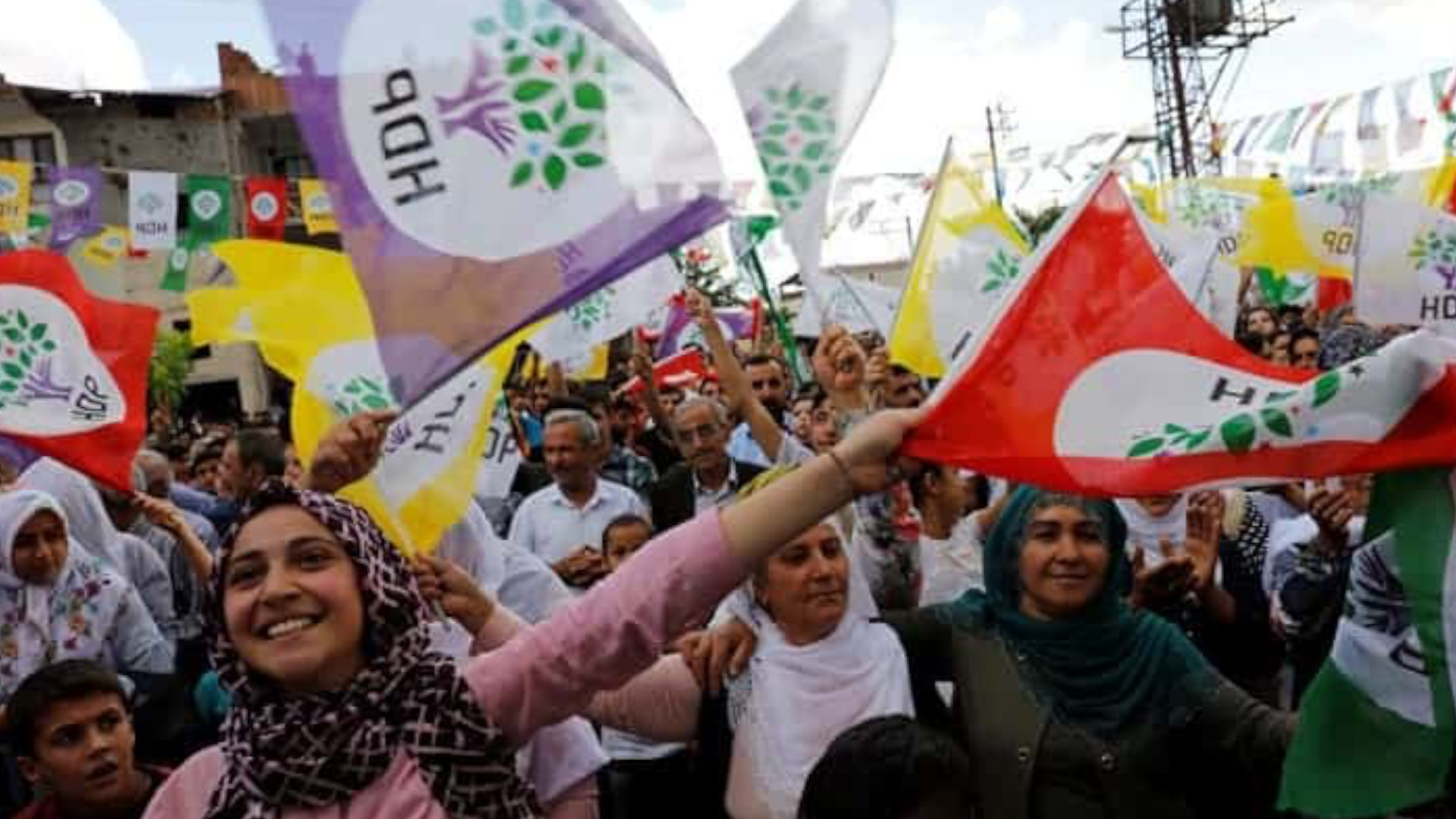Opposition leader Babacan tells gov’t to apologize for reviving denial of Kurdish language
Ali Babacan, the former deputy prime minister from the ruling Justice and Development Party (AKP) who founded the opposition DEVA last year, has told the government to apologize for reviving the policy of denying the Kurdish language. "Apologize for making Kurdish again an 'unknown language' and reviving the Kurdish issue,” Babacan said on March 29.
Duvar English
Former Turkish Deputy Prime Minister Ali Babacan, who heads the opposition Democracy and Progress Party (DEVA), has slammed the government for reviving the Kurdish issue and bringing back the denial policy of the Kurdish language.
“I have a suggestion to the government. Write 'We apologize' on walls, banners and billboards with big letters. For example, apologize from people of whom you have usurped the right to vote and the right to stand for election. Apologize for making Kurdish again an 'unknown language' and reviving the Kurdish issue by leaving this nation in the lurch,” Babacan said on March 29.
DEVA leader made the remarks as he addressed his party's congress in the southeastern province of Hakkari.
Following the breakdown of peace talks between the government and the Kurdistan Workers' Party (PKK) in 2015, Kurdish language education and related studies in Turkey have seen a decline.
Especially after the failed military coup of July 2016, numerous Kurdish media and cultural institutions were shuttered by governmental decrees on dubious terror charges.
Babacan also touched upon the recent closure case launched against the pro-Kurdish Peoples' Democratic Party (HDP).
He said that although the ruling Justice and Development Party (AKP) has for many years stood against party closures, it has now caved into the demand of the Nationalist Movement Party (MHP).
“They have now boarded on the junior coalition partner's ship and given the compass to the hands of [Doğu] Perinçek,” Babacan said, referring to the chairman of Vatan (Patriotic) Party.
“What did they do as they have lost the trust of the people? They have brought the closure of the second-largest opposition party to the agenda. There is nothing that they would not do for the tension to increase and for the peace to be gone. Because they can longer come up with success,” Babacan said.
A top Turkish prosecutor filed a case with the Constitutional Court on March 17 demanding the closure of the HDP, in the culmination of a years-long clampdown on parliament's third-largest party.
Turkey has a long history of shutting down political parties which it regards as a threat and has in the past banned a series of other pro-Kurdish parties.
The HDP had recently come under intensified pressure, with MHP leader Devlet Bahçeli calling for it to be banned over alleged ties to the PKK.
That has coincided with falling poll support for the AKP and its nationalist allies as President Recep Tayyip Erdoğan's government battles the economic fallout of the coronavirus pandemic. Elections are not scheduled until 2023.

 Existence of Kurdish voters must be discussed openly with public: Main opposition CHPPolitics
Existence of Kurdish voters must be discussed openly with public: Main opposition CHPPolitics A Turkey without Kurds: Reforms to deform democracyWorld
A Turkey without Kurds: Reforms to deform democracyWorld